Industrial washing / Articles
Repairing the future today: 6 reasons to review the industrial washing process
Organizations around the world are reviewing their industrial washing processes. This is why.

 10 minutes of reading
10 minutes of reading
2022-09-01 10:00:00
In the midst of a pandemic, news surprised the world of restoration. With the goal of reducing waste by 50% by 2030, Starbucks has replaced disposable cups with reusable ones.
The answer was not expected: shortly after, McDonald’s announced its intention to eliminate the disposable from all its restaurants by 2025. This trend is far from unique to restoration, one of the areas where change is most visible:
- Google recently announced that it intends to increase the proportion of reusable materials in all aspects of its business;
- Nike has created an in-house app that allows customers to compare water and energy consumption at different factories in real time;
- Major hotel chains such as Marriot have replaced magnetic cards and packaging with more sustainable alternatives.
As more and more organizations abandon the disposable, several questions arise: how will all these additional utensils be washed? How should you change the washing process to meet these new needs? And what led managers to make this decision, even during a pandemic?
These trends are reaffirming the need for industrial washing processes, and how they must adapt to meet new needs.
What is industrial washing?
The term Industrial washing refers to large-scale cleaning and hygiene processes. It is a high-performance system with a large load capacity, and the ability to achieve high pressure and temperature. The goal is to respond effectively to the washing needs of large volumes of materials of all sizes.
Hotels, hospitals and the textile and food industry stand out as having the most to gain from such industrial washing processes. But every company with washing needs can benefit. After all, sloppy hygiene standards can have serious public health consequences in any context.
MultiWasher, Somengil’s high-performance industrial washing machine, reaches high temperatures, which are unfeasible in manual processes. In addition, the combination of pressure and power contributes to the rapid hygiene of utensils. This machine integrates easily into any workplace, with a close-cabinet design that streamlines workflows, while upholding hygiene and quality standards.
6 reasons to review the industrial washing process
These advantages, and the fact that many organizations are moving away from disposable products, are leading to a paradigm shift in industrial washing processes. These are the main reasons why.
1. Preparing for the future
One of the main reasons that is driving organizations to review their washing processes is the search for a smooth transition to a new world in which “reusable” is imposed. This change will be more notorious in sectors that are currently dependent on the disposable – such as the packaging, textile, catering or consumer goods industry.
How to do this: To deal with the additional amount of utensils, you will need to resort to more efficient and fast equipment. In other words, industrial equipment, designed to wash large volumes.
2. Minimize washing costs
How much is washing? In the Food area, for example, this process can account for between 15 and 20% of total operating costs.
State-of-the-art machines have short wash cycles between 3 and 5 minutes, unlike traditional home models that take about 45 minutes. As a result, they require less time from employees, and consume less water, energy and detergent.
How to improve: With industrial washing machines, which allow you to optimize processes and reduce water and energy consumption by more than 50% during washing.
3. Improve customer experience
With regard to a company’s hygiene standards, quality is non-negotiable. In the Food and Hospital area, in particular, it is determinant for the “health” of the business.
When employees don’t have to wash utensils, they make time for value-added tasks – whether they’re with users in a hospital, people in a restaurant or running other processes in a factory.
How to improve: With a review of the industrial washing process to make it more automatic, efficient and ergonomic. In this way, employees can devote more time to other aspects of their work, rather than worrying about washing – the only manual work needed is to load the machine and remove the utensils at the end.
4. Making processes more reliable
In times of salmonella or Covid-19 outbreaks, there is no margin for hygiene error. It is necessary to ensure the right quality in all washes. For example, utensils that are in contact with food should be sanitized every 24 hours to prevent food poisoning, the emergence of pests, extra costs on new utensils, and ensure compliance with health standards.
How to improve: with an industrial washing equipment with decarbonization capability. Due to the high temperatures that industrial kitchens operate, the surfaces of the utensils gain carbon residues and accumulate layers of burned fat. These chemicals should be disposed of in order to ensure thorough cleaning, and this is only possible with decarbonisation.
5. Improve air quality
The World Health Organization (WHO) estimates that 4.2 million premature deaths per year are associated with health problems related to air pollution – a number similar to that of covid-19 deaths.
Improving air quality saves lives. Inefficient washing processes emit microparticles into the air – for example, the moment the machine door opens. These particles are instilled and can cause rashes, burns, cough, asthma and other serious cardiovascular and respiratory diseases.
How to improve : with machines that integrate washing and drying in a single enclosed space. In this way, the external environment is always dry, without moisture and without chemicals resulting from the detergents used.
6. Avoid contact with toxic chemicals
Traditional washing methods use detergents intensively to eliminate bacteria. These detergents contain chemicals, many of them toxic, that remain in utensils after washing.
To reduce the amount of detergent, the new washing methods use higher temperatures. If washing occurs at more than 85 degrees Celsius, the same degree of sterile cleaning that could be achieved with detergents is obtained, but without the side effects of contact with chemicals – either by ingestion, inhalation or skin contact.
But even if the amount of detergent is minimized, choosing the right product remains a deciding factor for health. Ecological detergents, unlike traditional ones, use limited concentrations of harmful chemicals – such as phosphates or acids. These ecological detergents comply with tighter legislation, and are closely monitored by regulators.
How to do this: With industrial washing machines that reach higher temperatures and with the use of ecological detergents.
Concern for sustainability, health and productivity is leading organizations around the world to review industrial washing processes. The companies that lead this process can improve the customer experience, reduce operating costs, protect employee health, comply with current legislation, and reduce emissions.
What are the advantages of reviewing industrial washing processes with MultiWasher?
From safety to efficiency, there are several advantages of improving industrial washing processes with MultiWasher. This high-performance industrial washing machine was designed for businesses where quality and efficiency are critical success factors.
Improving safety for people and materials
MultiWasher uses a unique combination of high temperatures, concentrated ecological detergents and high pressure to ensure an efficient washing process– critical to the safety and health of employees and customers.
The washing process takes place in a sealed environment, with no manual intervention, which reduces risks for the operator and materials.
Increased washing efficiency
This machine uses fewer resources (water, energy) and washing products (detergent) when compared with manual processes and other washing solutions. Its dosage system adjusts the mixture for each washing cycle, to ensure washing effectiveness, without wasting water, energy or detergent.
Higher washing output
The MultiWasher has very short cycles, so it is possible to get perfect hygiene results in just a few seconds. This feature allows this industrial washing process to respond to a workflow with a considerable quantity and variety of utensils and users.
Increased reliability of the washing process
Finally, this machine can withstand intense washing loads for many years. It was designed for permanent intensive use and translates into measurable time savings and resource efficiency.
In short, this equipment has short wash cycles, lower water, energy and detergent consumption, and reaches high temperatures to minimize chemical use. Contact our team or schedule a webinar to see the difference.
You may also like

Industrial washing / Articles
Much more than AI: 5 major retail trends
Discover the 5 major retail trends that no company should miss out on, from Artificial Intelligence to sustainability.
Posted in 2024-01-03

Industrial washing / Articles
“Even the most advanced companies can save up to 70% of water. Here’s how”
We spoke with Renato Gomes, Somengil’s Sales Manager for the Americas, who has seen first-hand how much companies can save – and the pitfalls to...
Posted in 2024-04-23
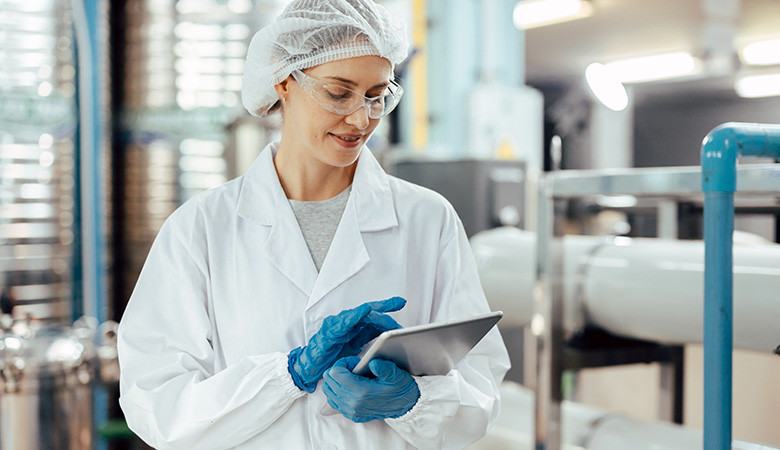
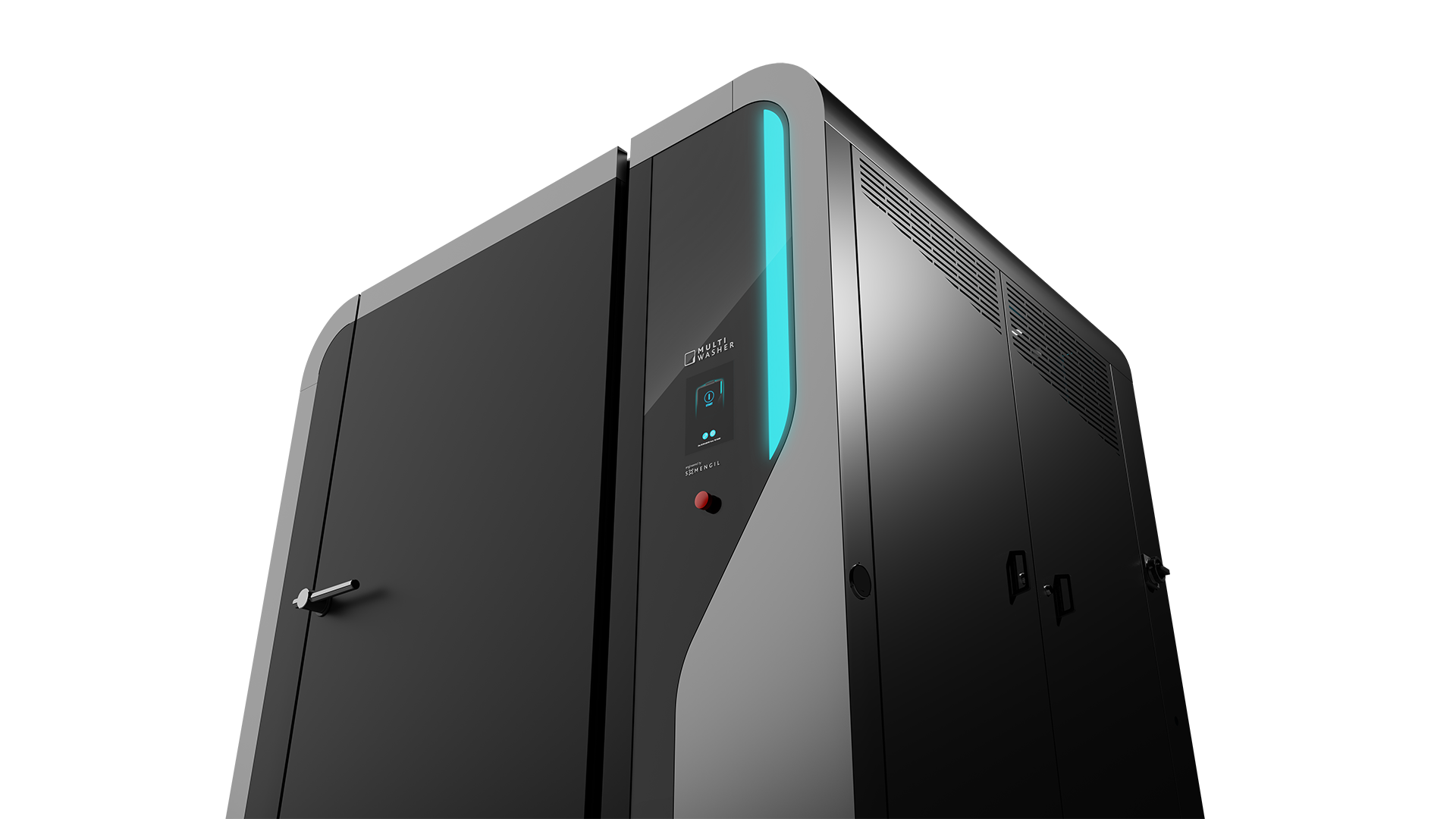
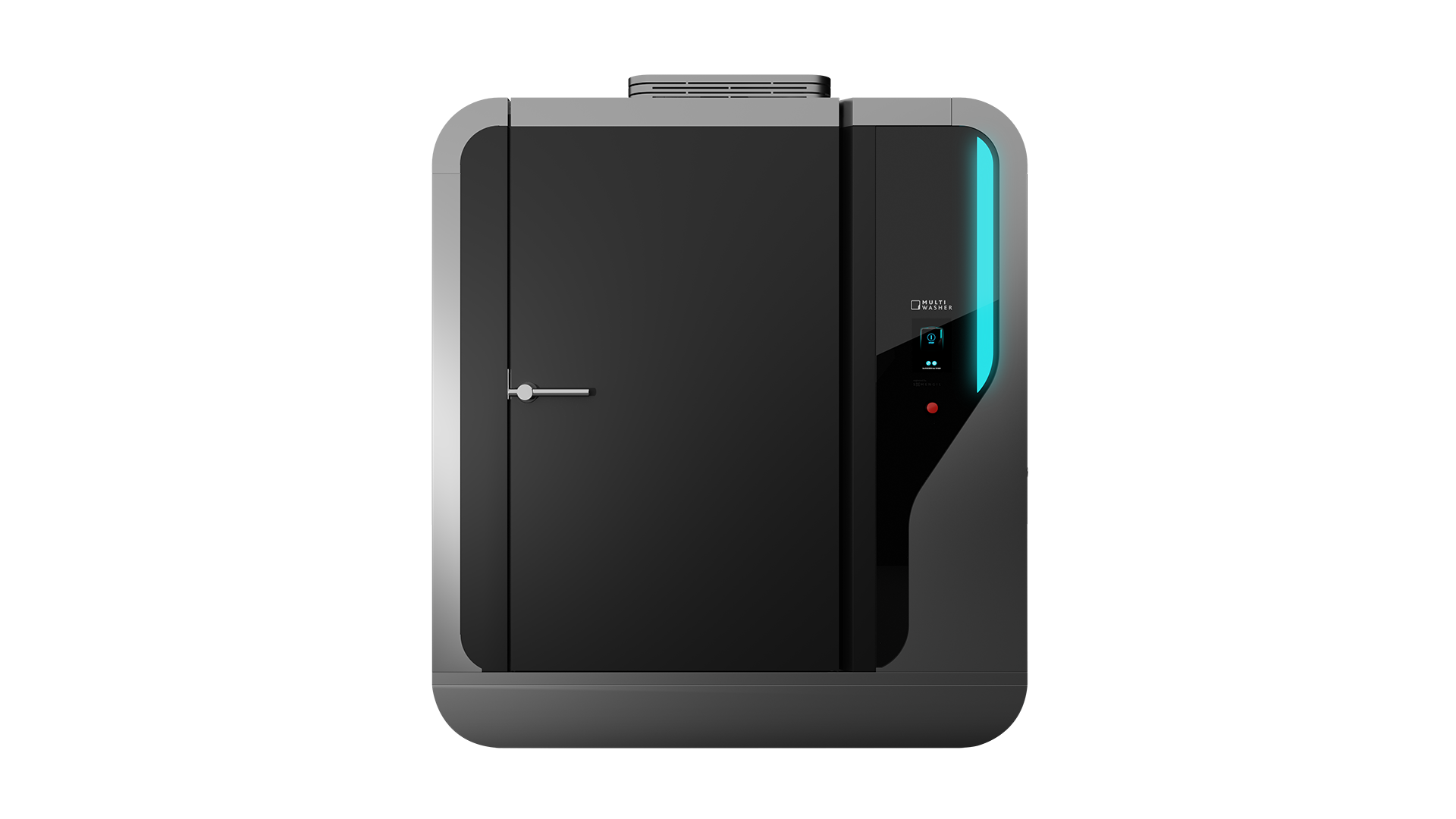
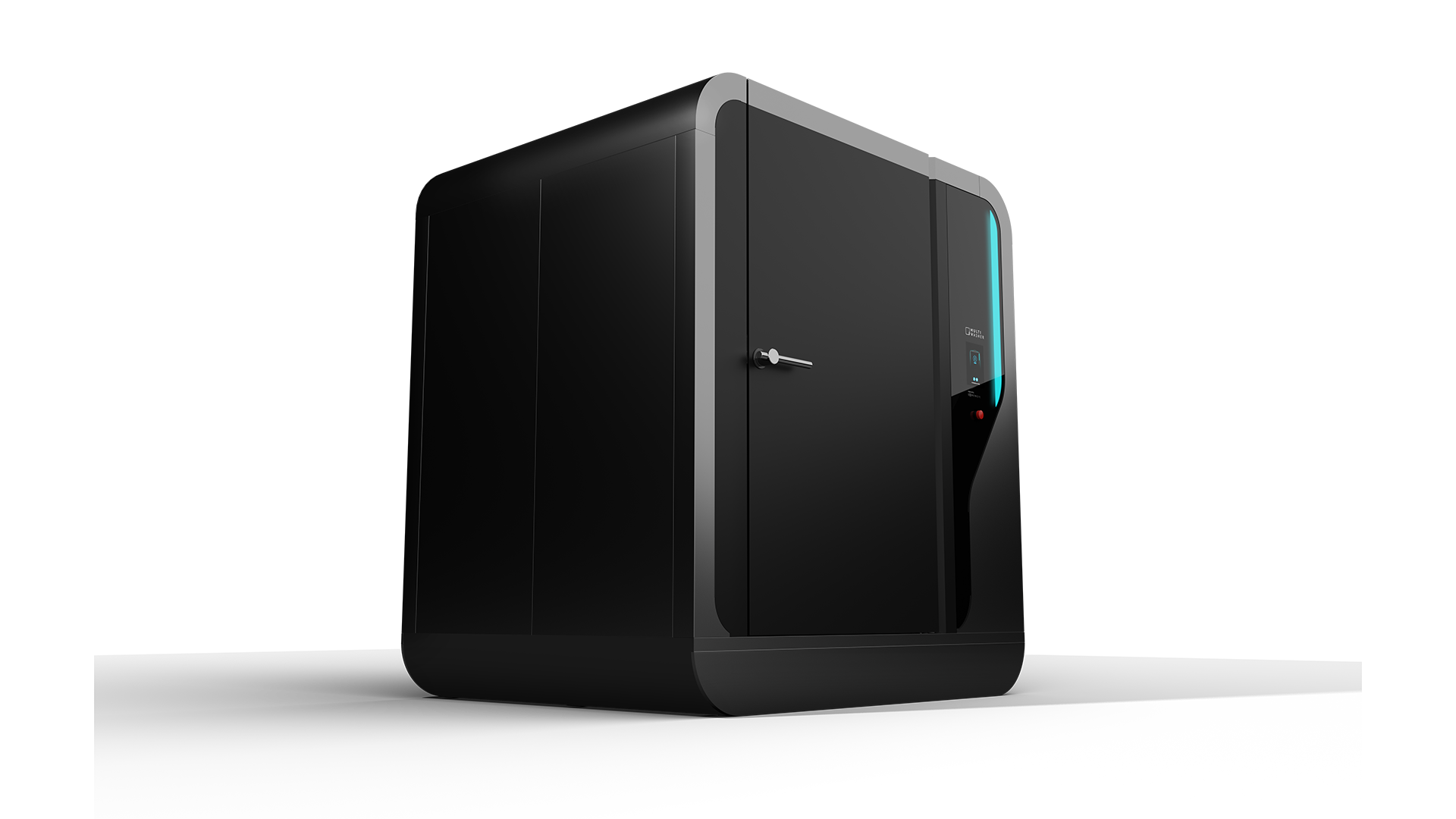
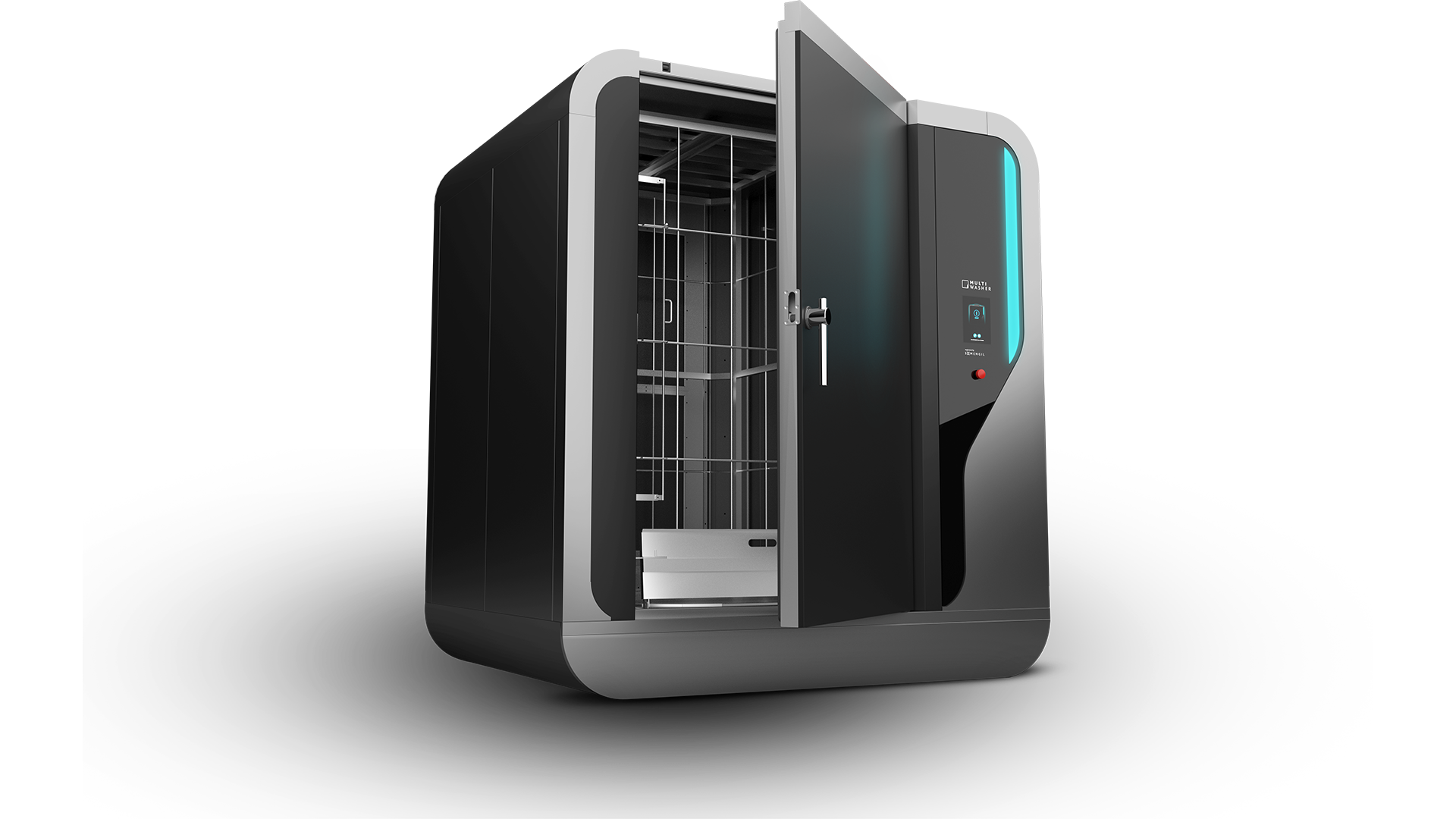

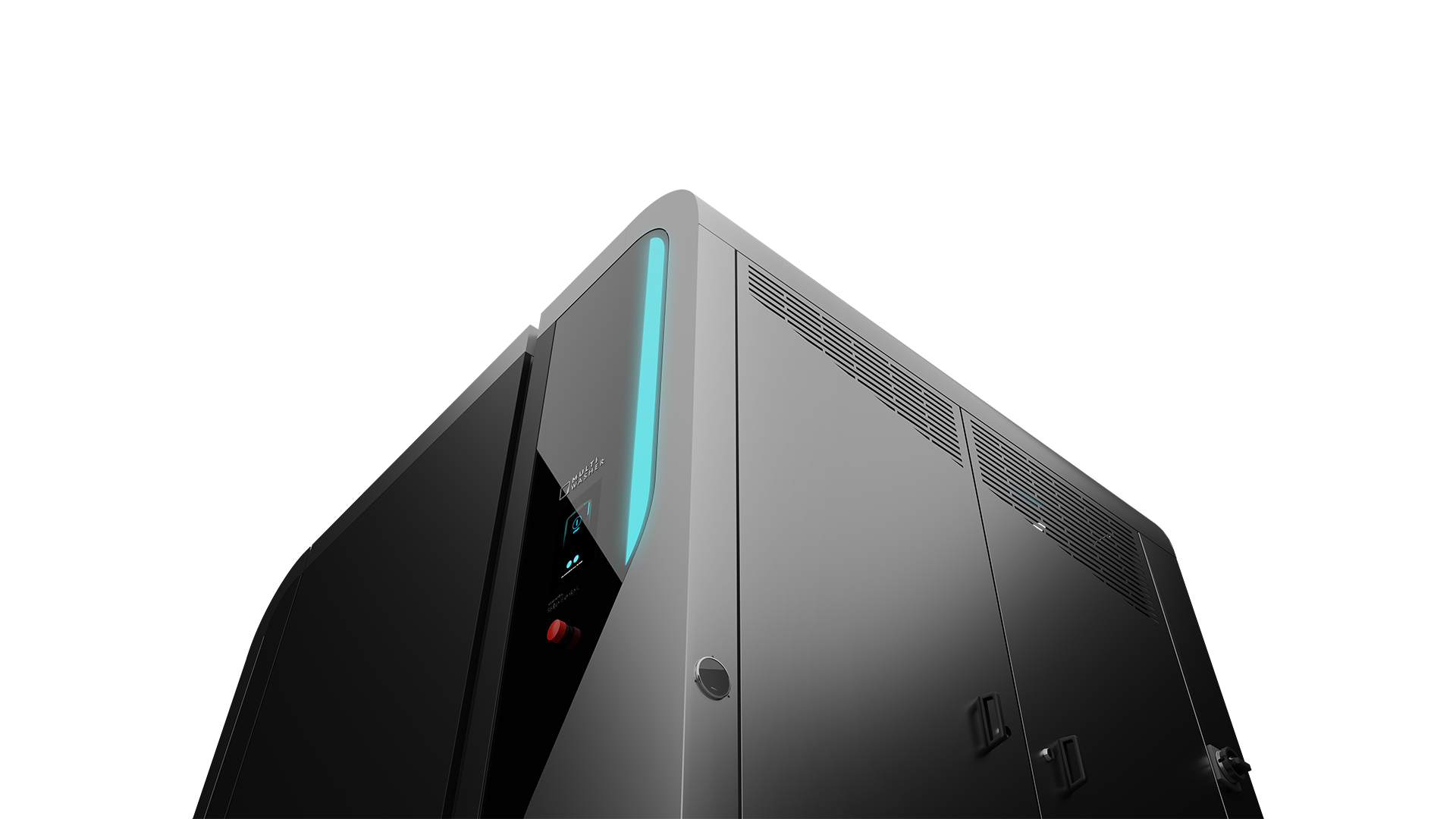

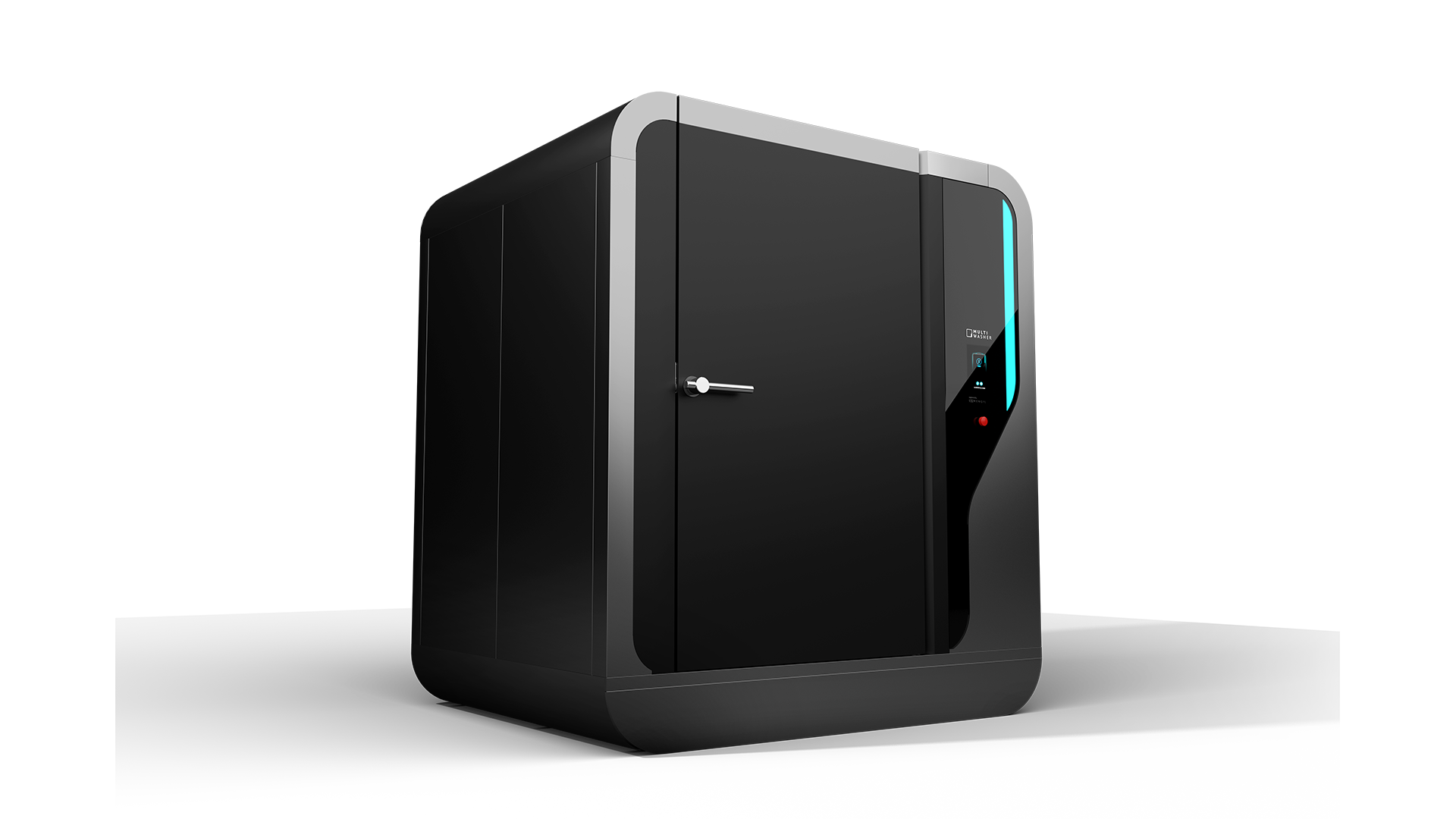
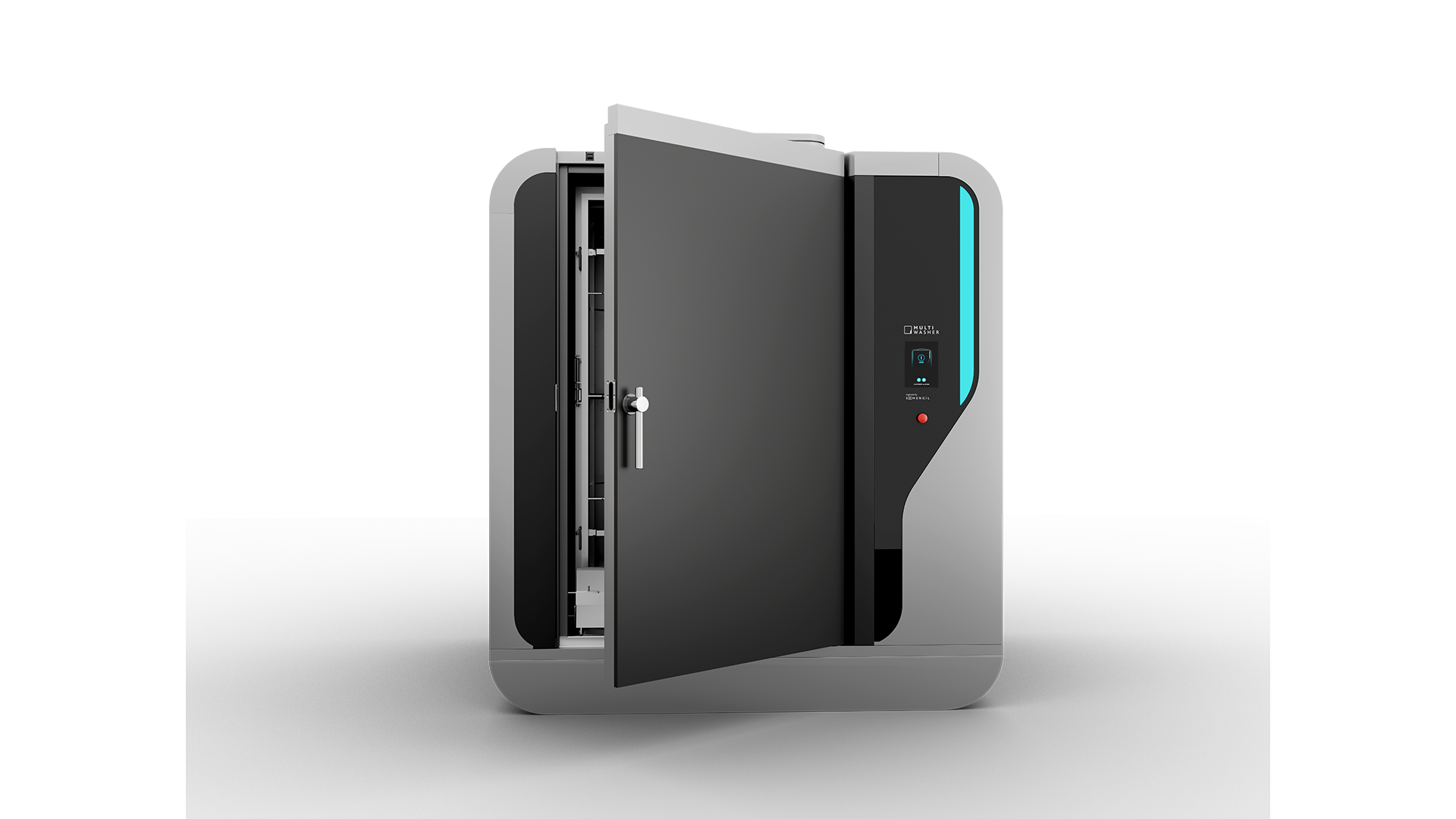
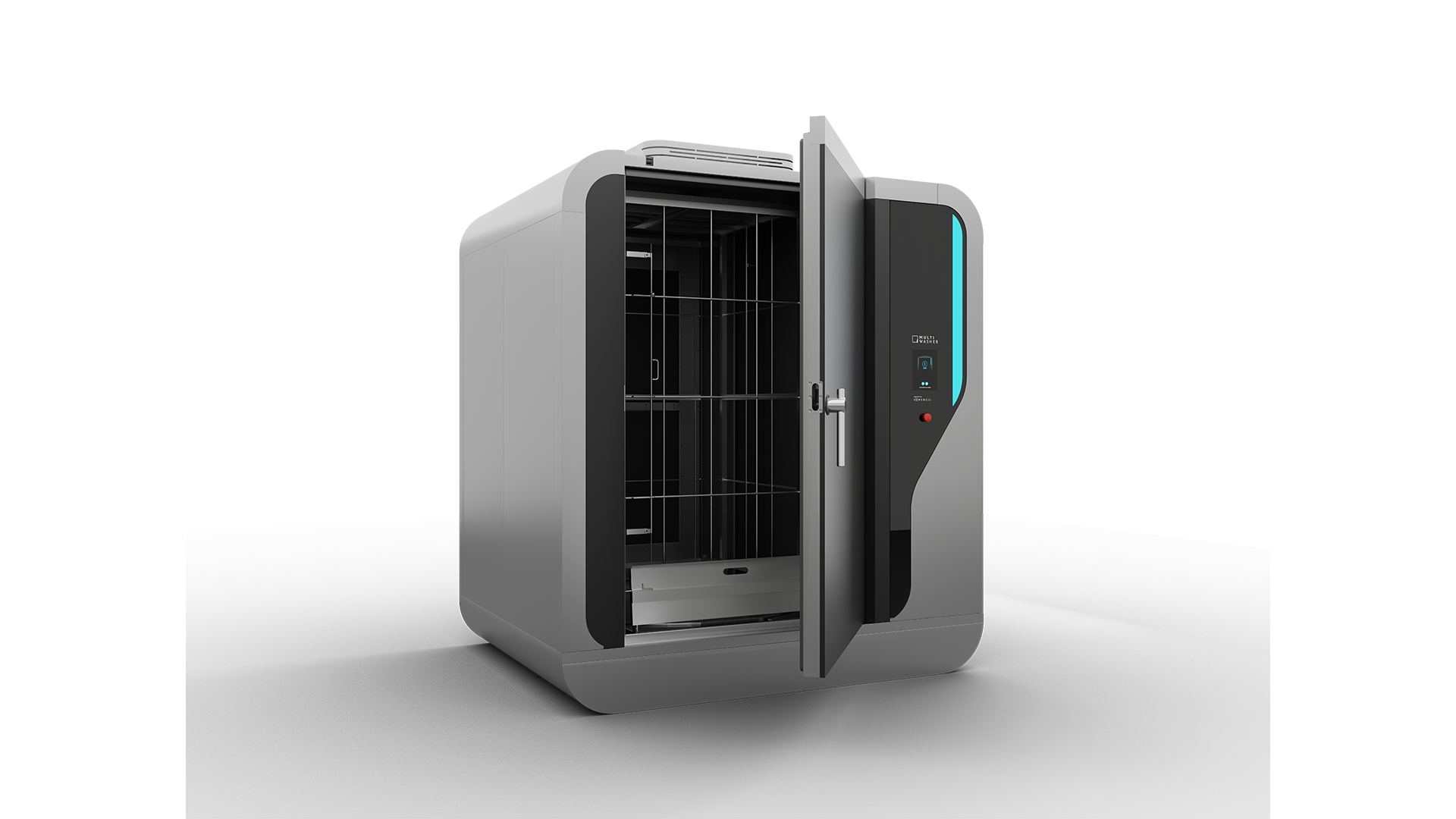
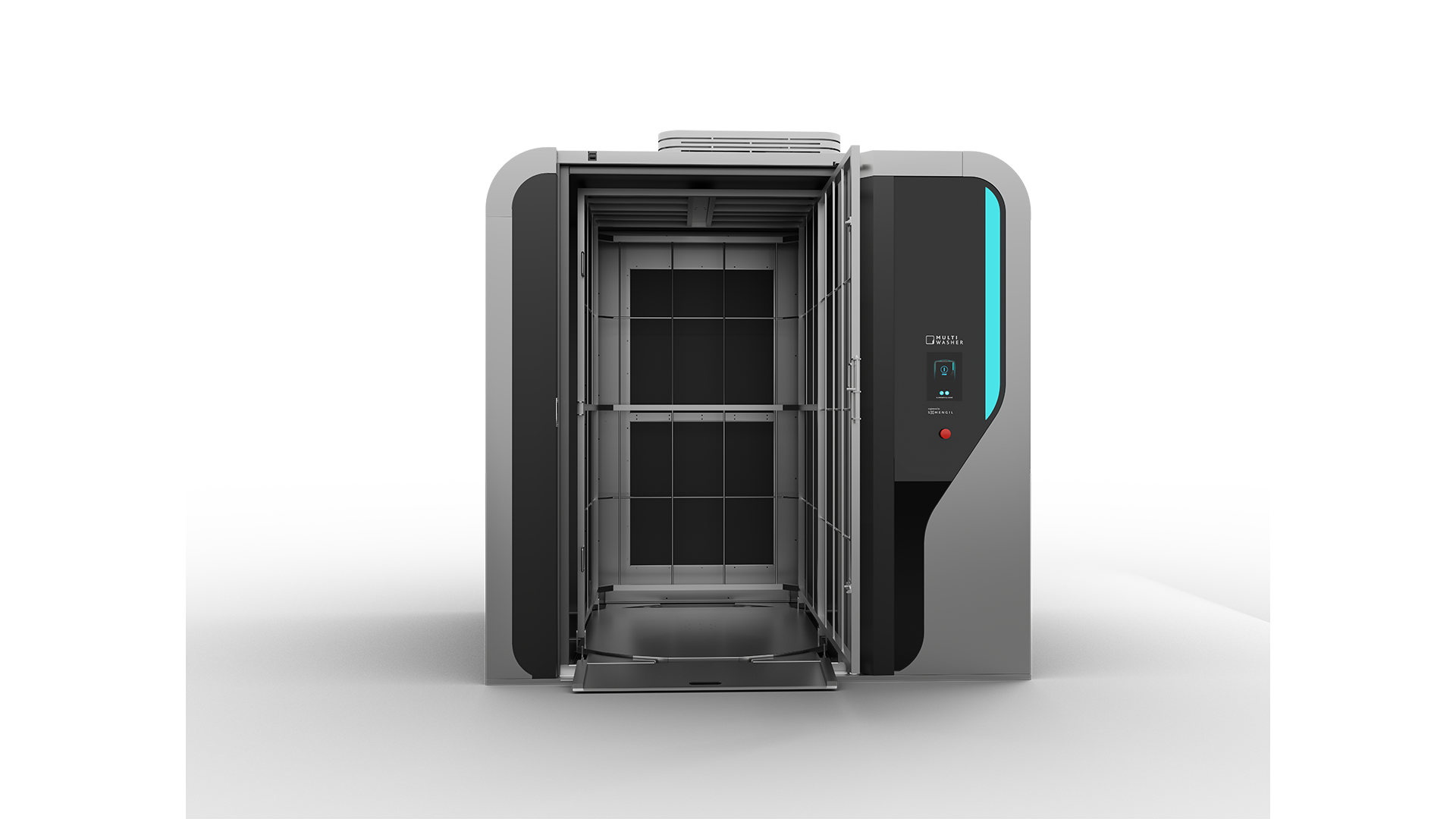
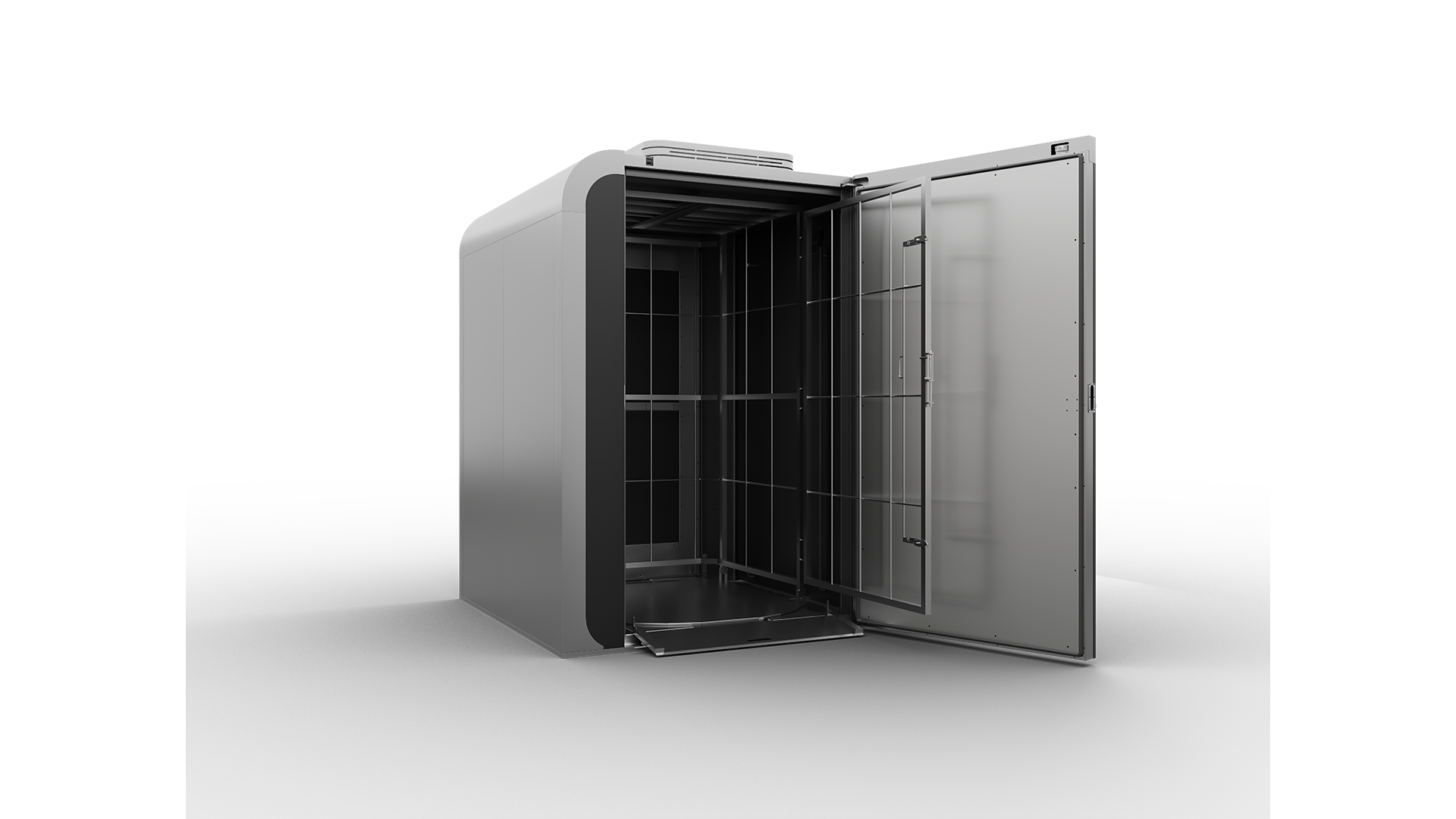
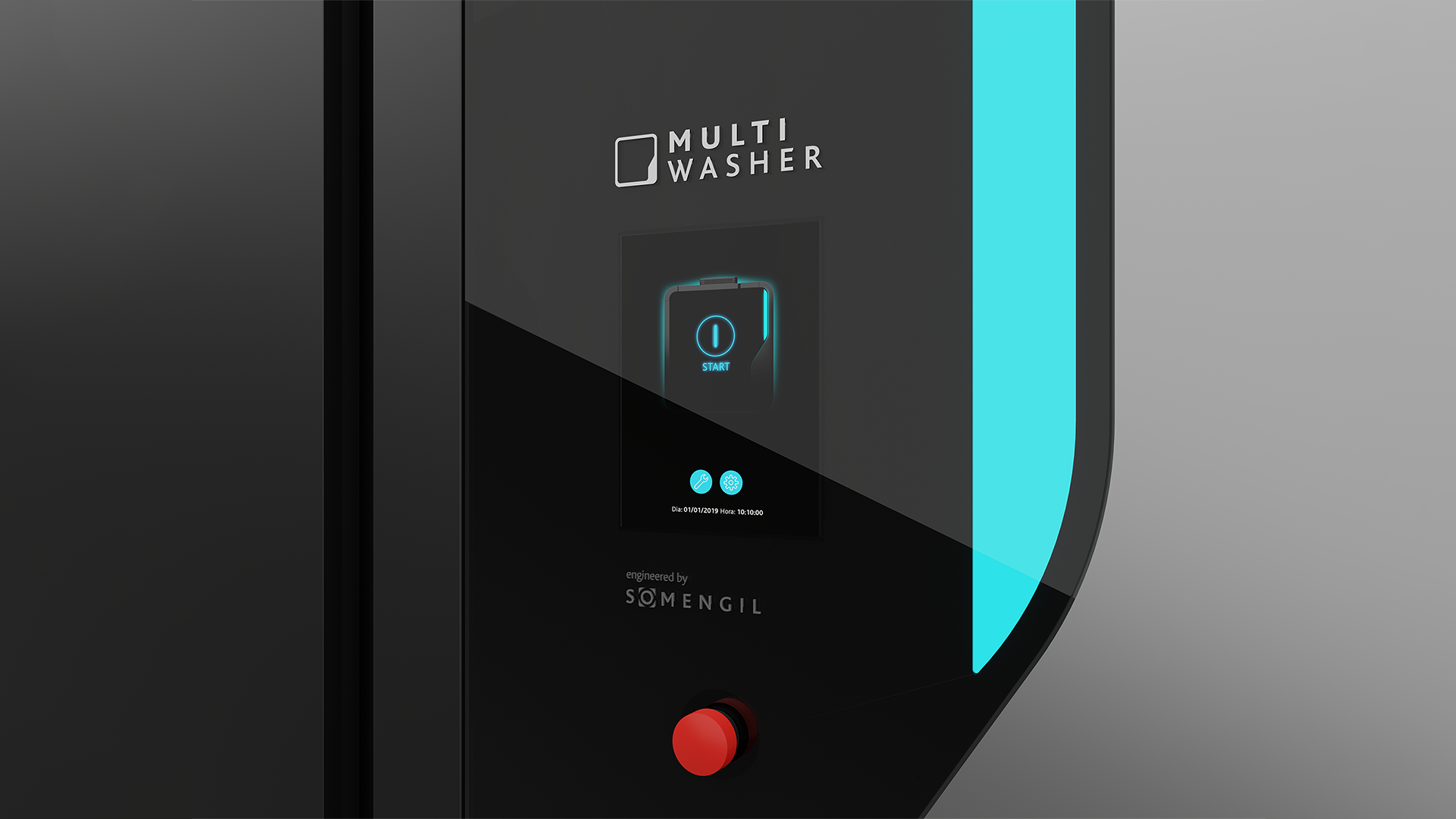
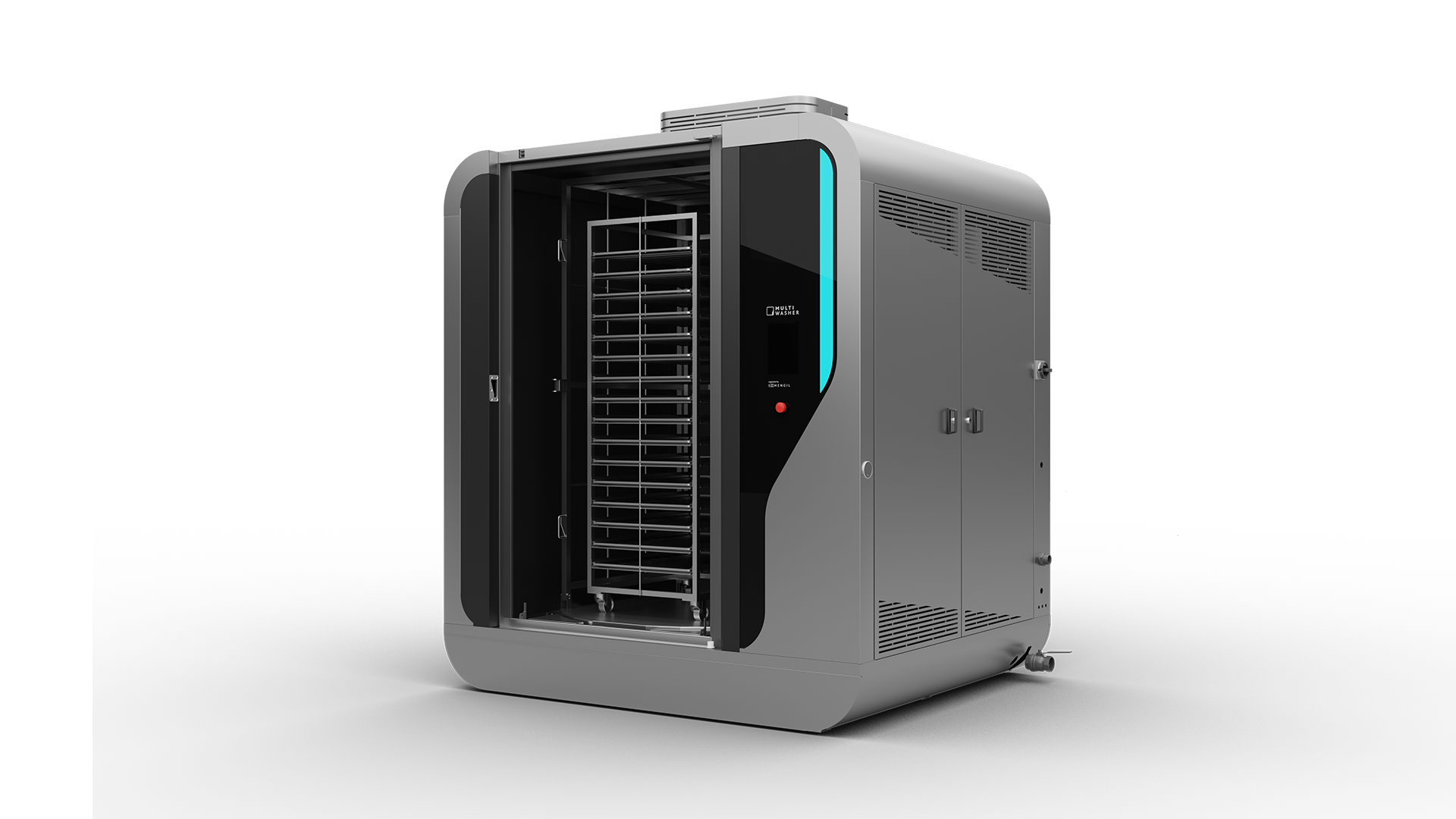
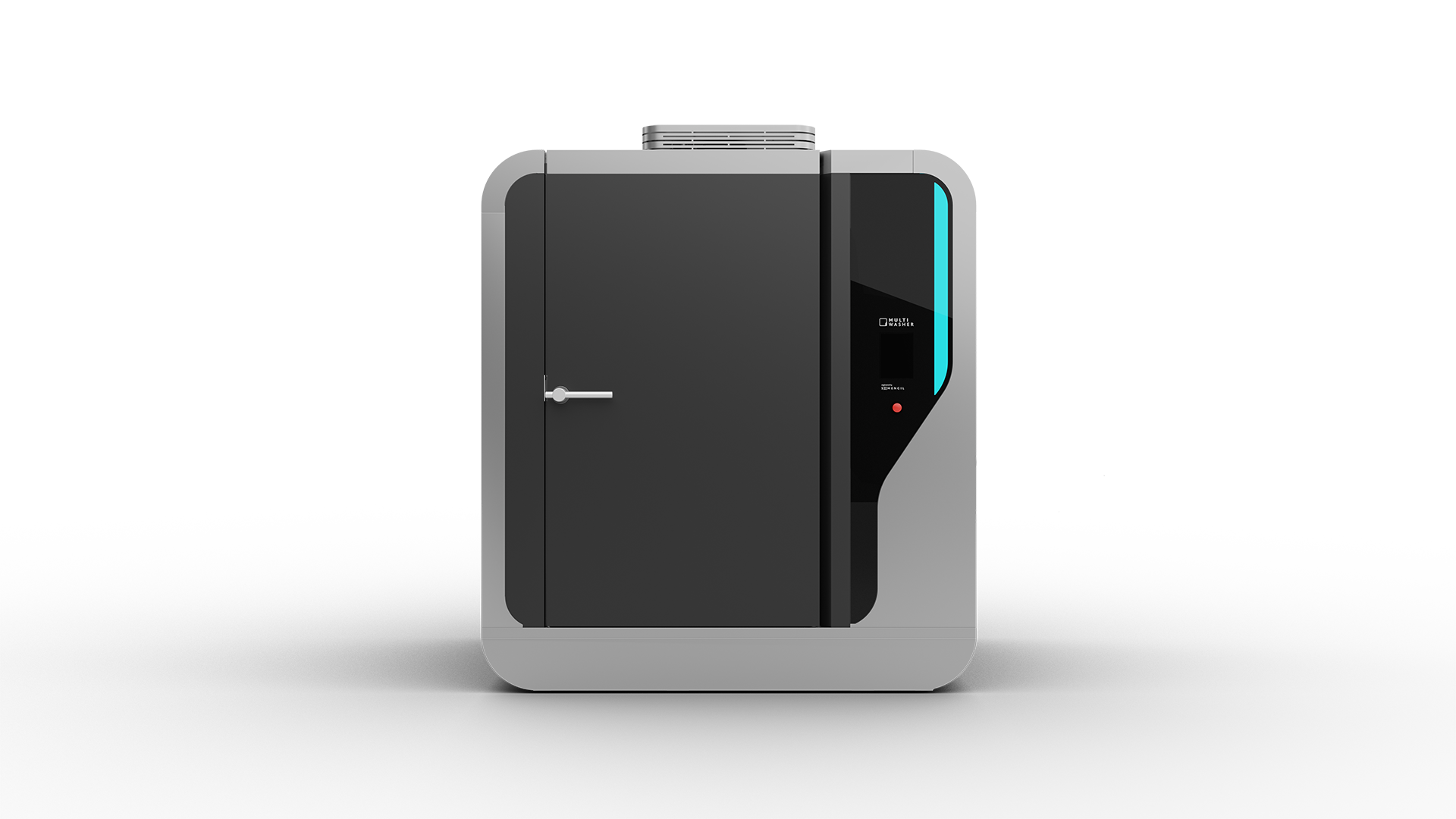


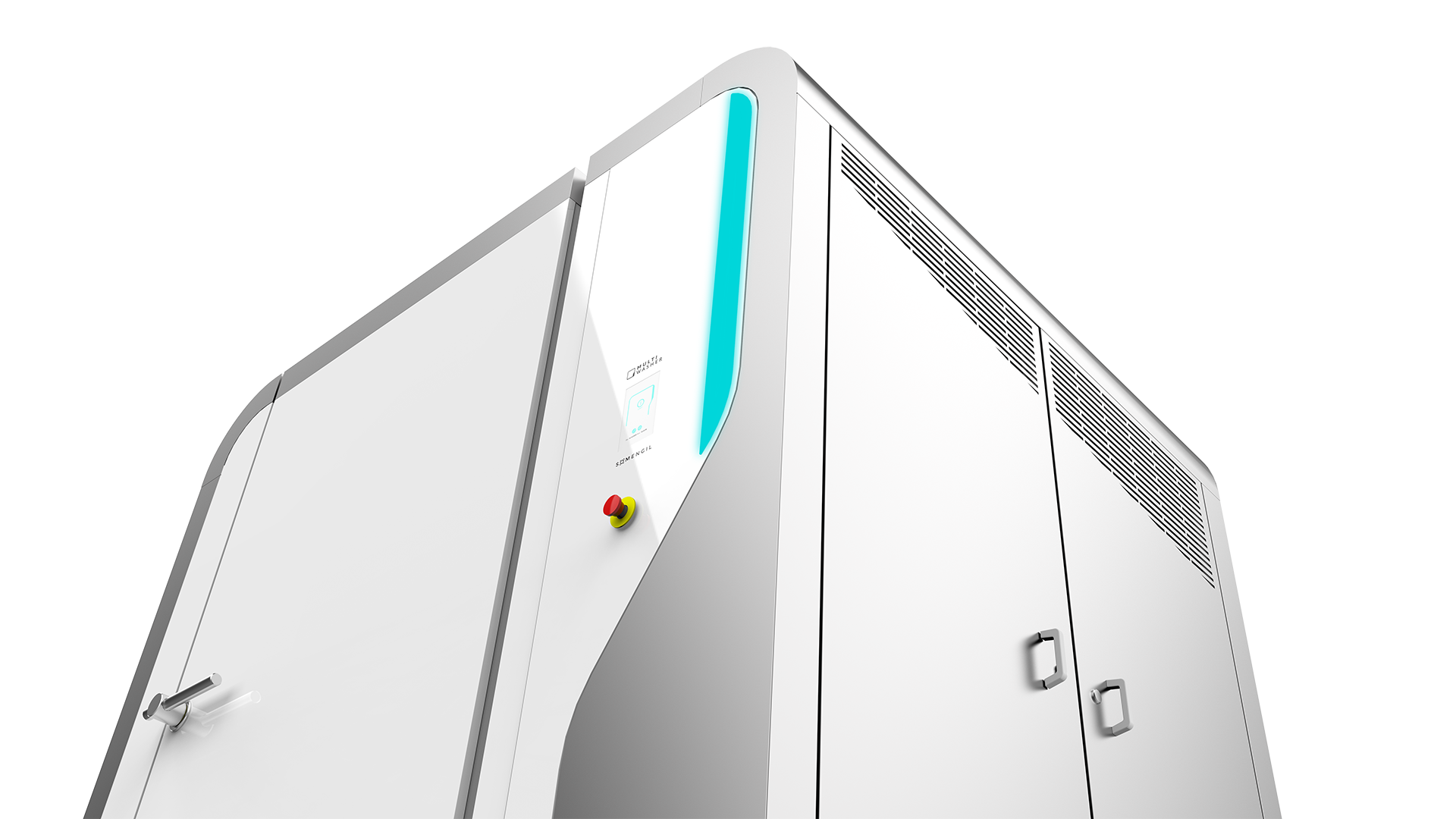
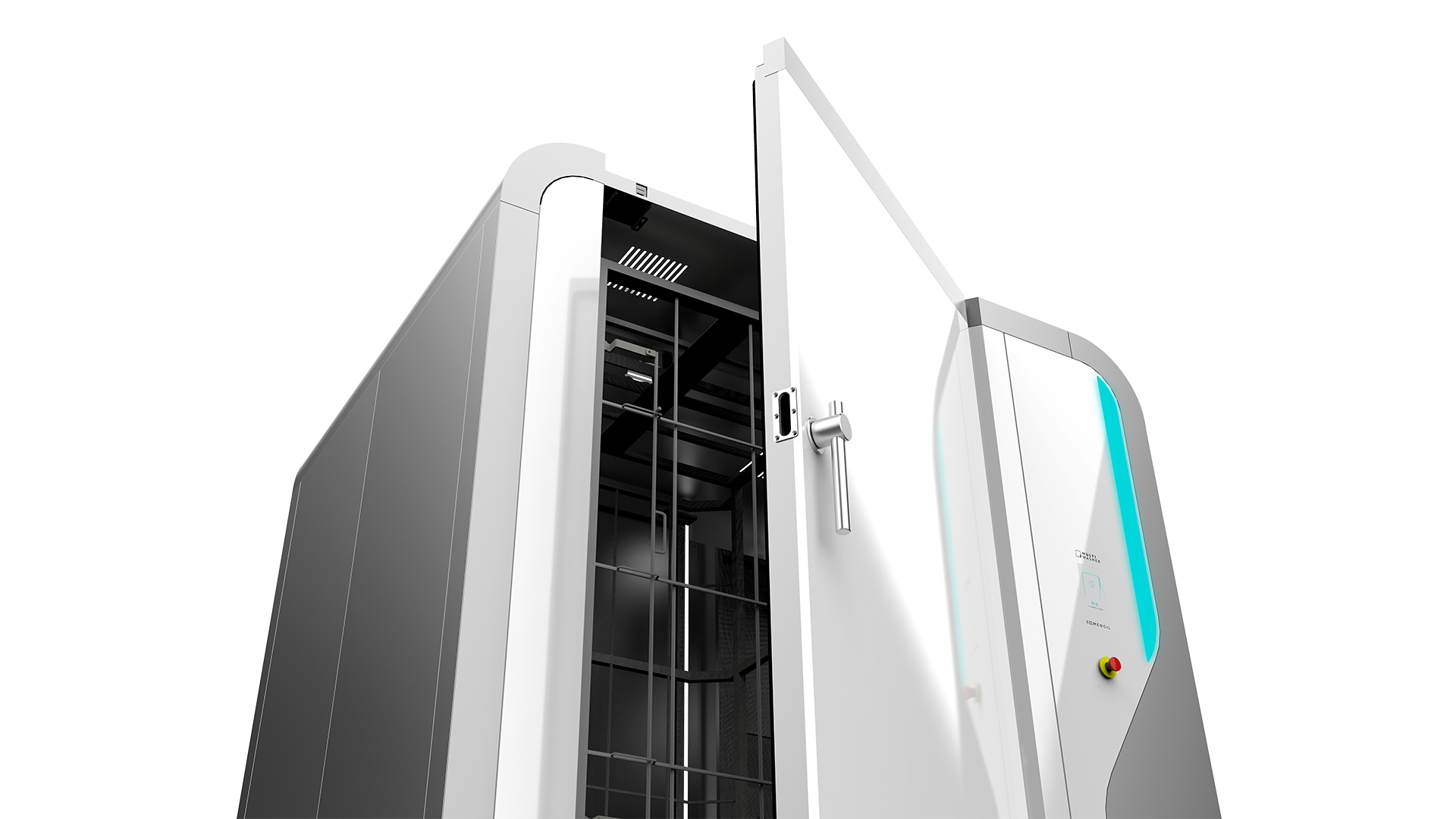
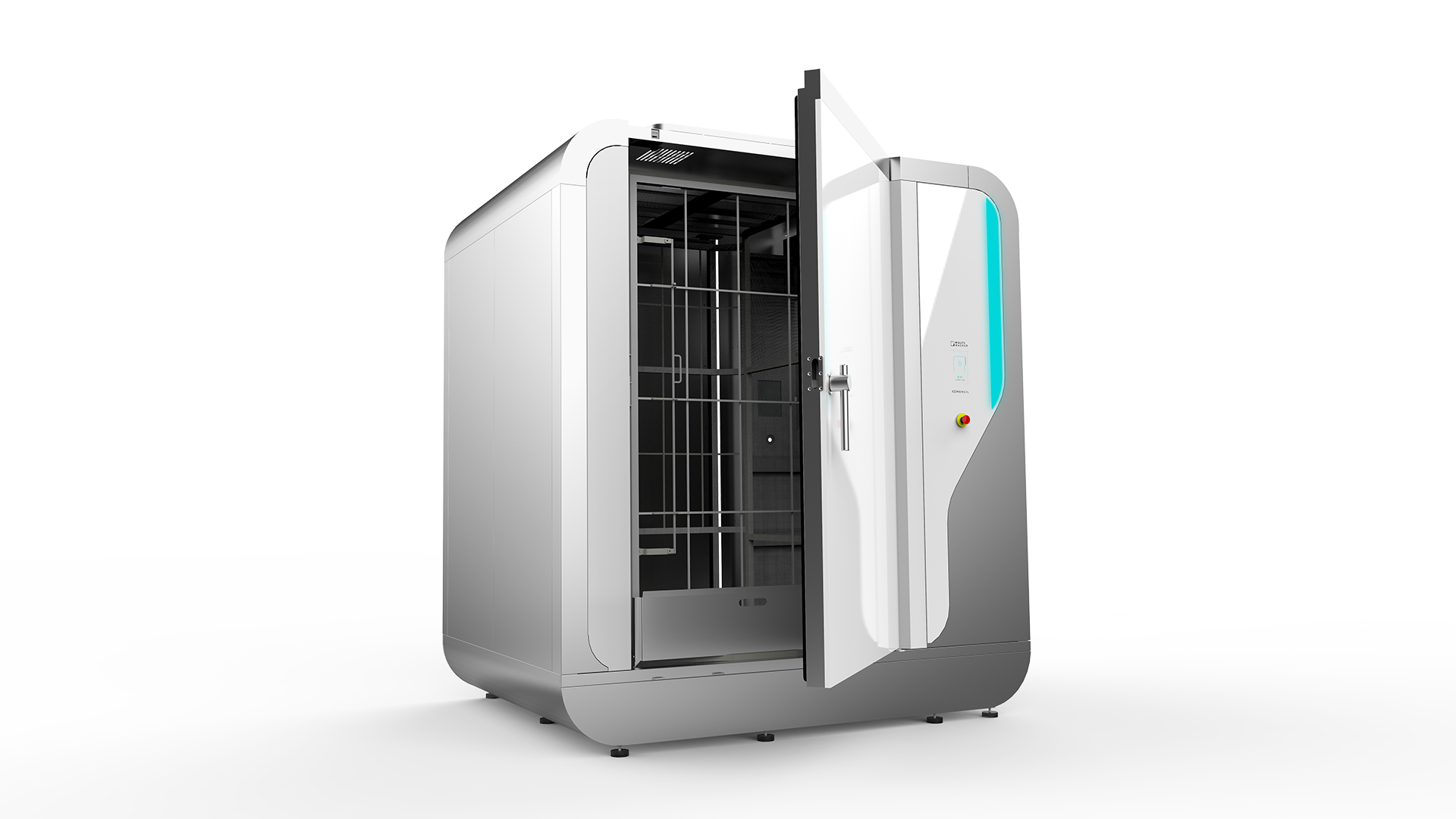
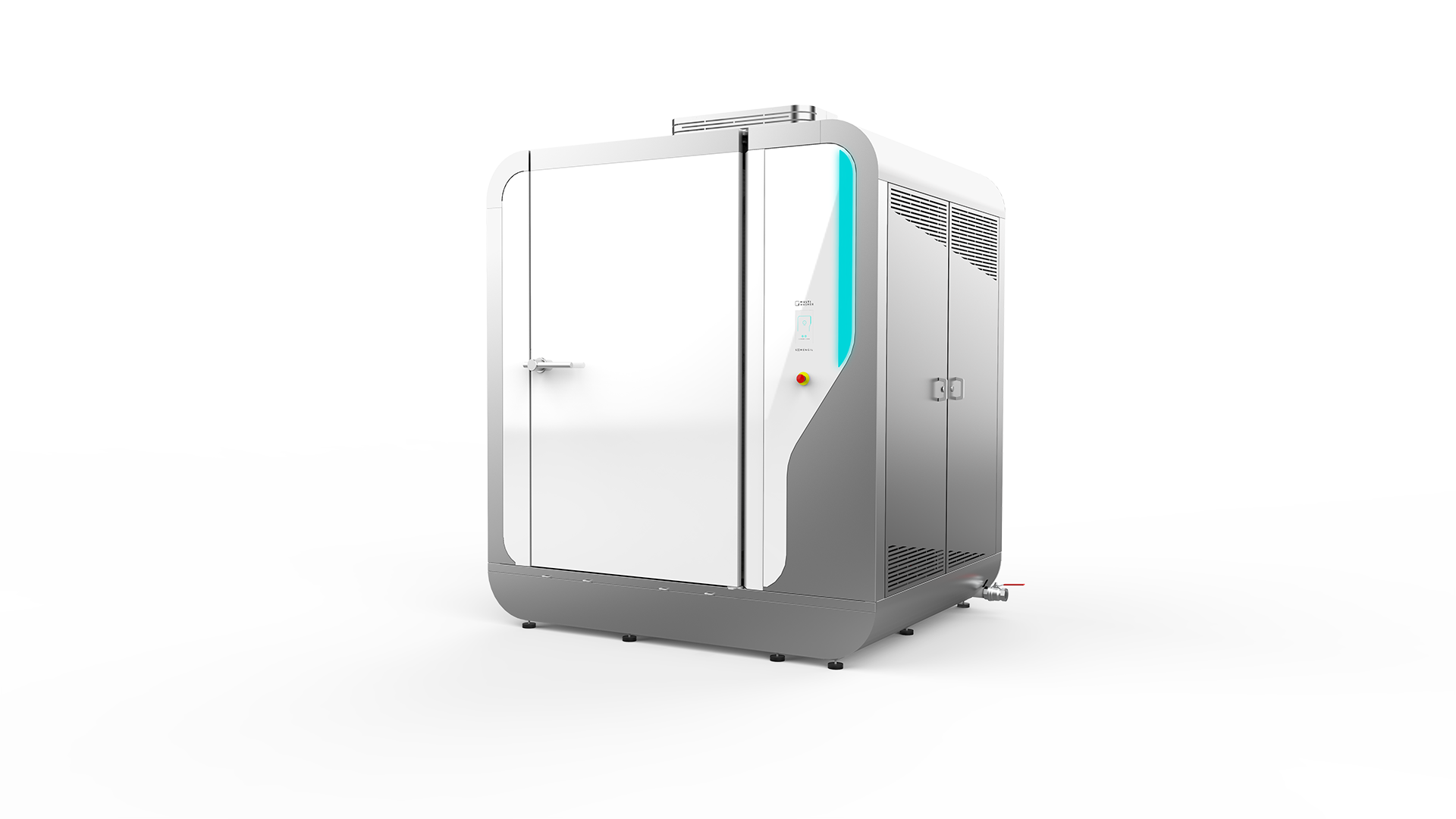
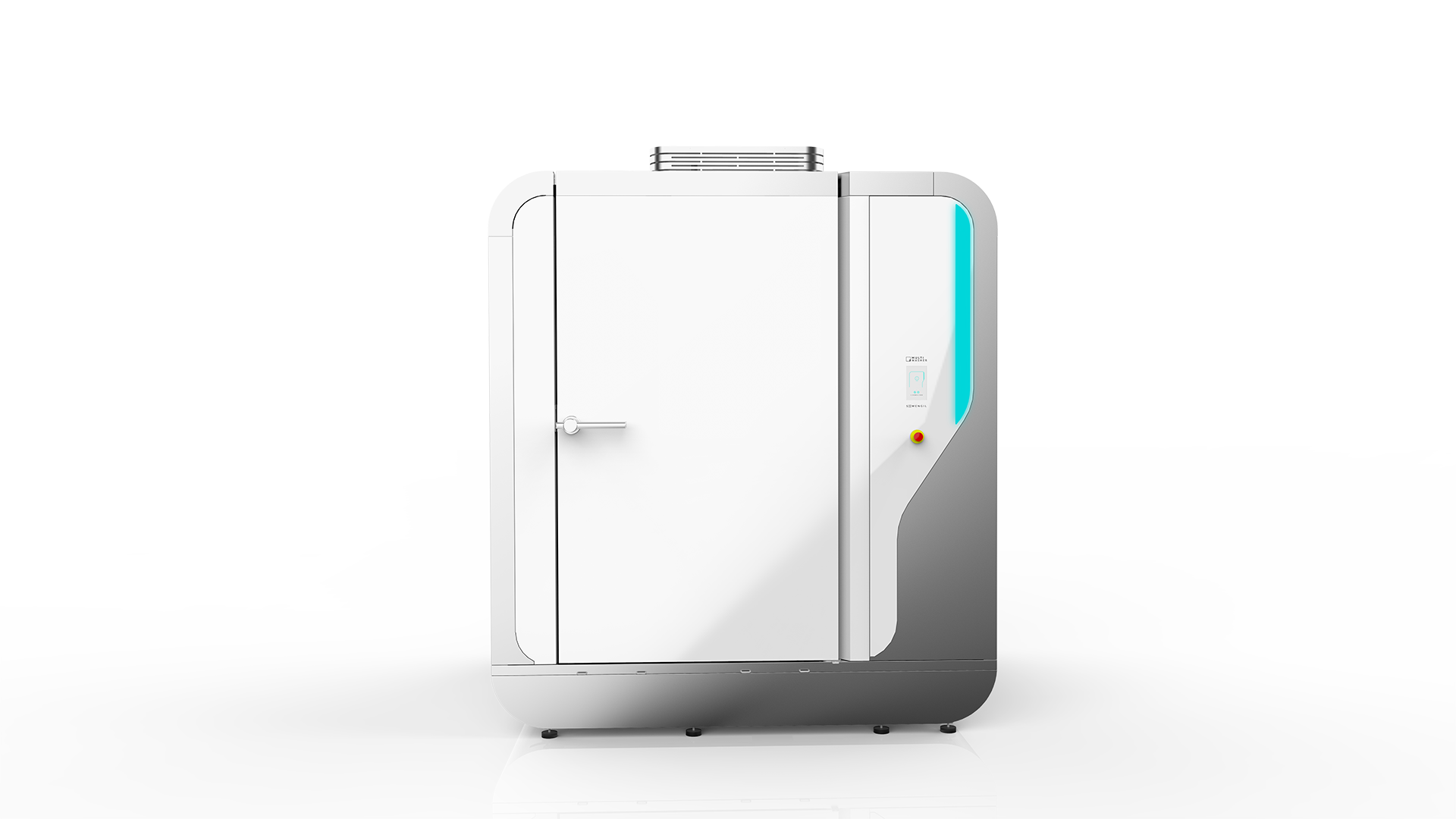
 Portugal
Portugal United Kingdom
United Kingdom United States
United States France
France Spain
Spain Germany
Germany Romania
Romania Italy
Italy Czech Republic
Czech Republic Finland
Finland Hungary
Hungary Slovakia
Slovakia Greece
Greece Lithuania
Lithuania South Korea
South Korea Russia
Russia Saudi Arabia
Saudi Arabia Poland
Poland Brasil
Brasil Hebrew
Hebrew